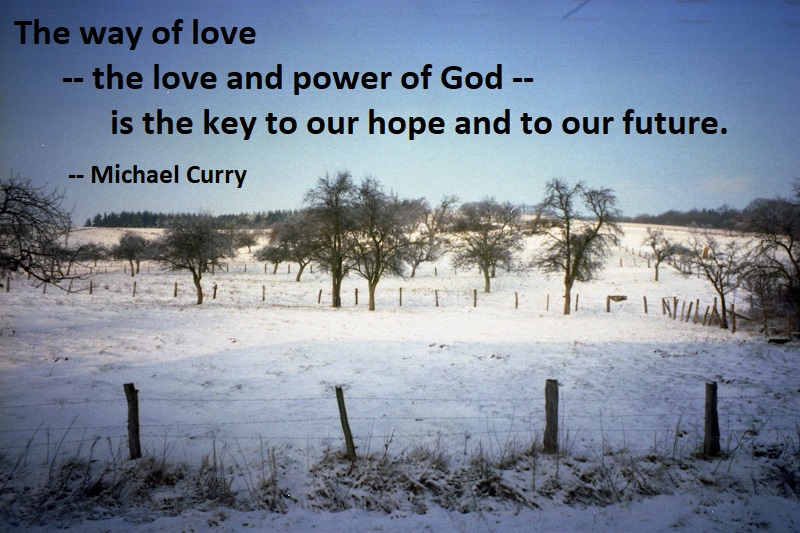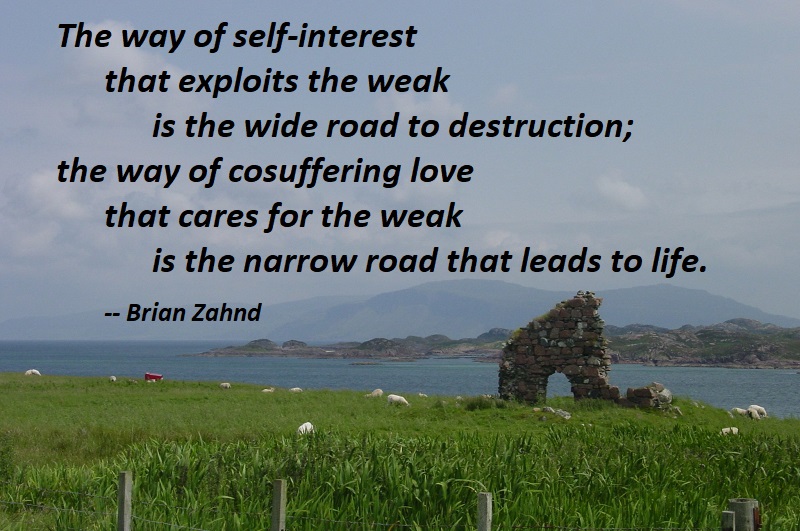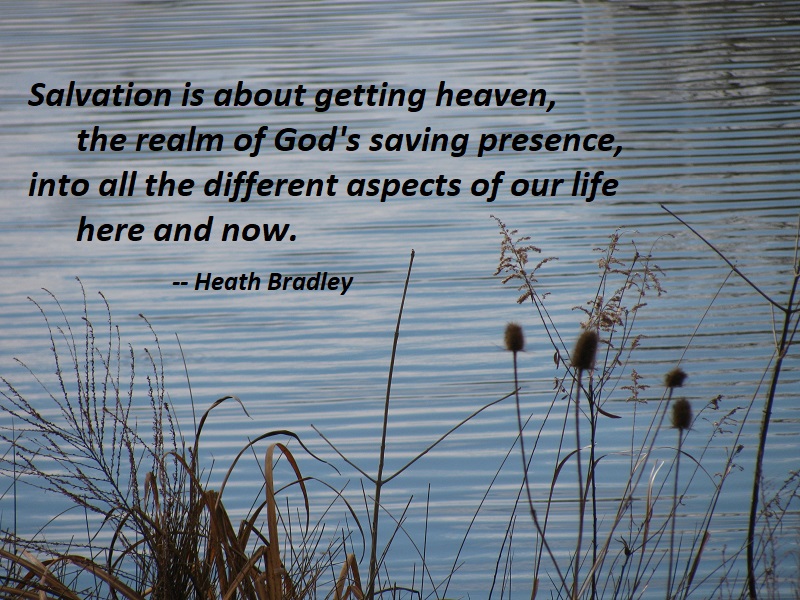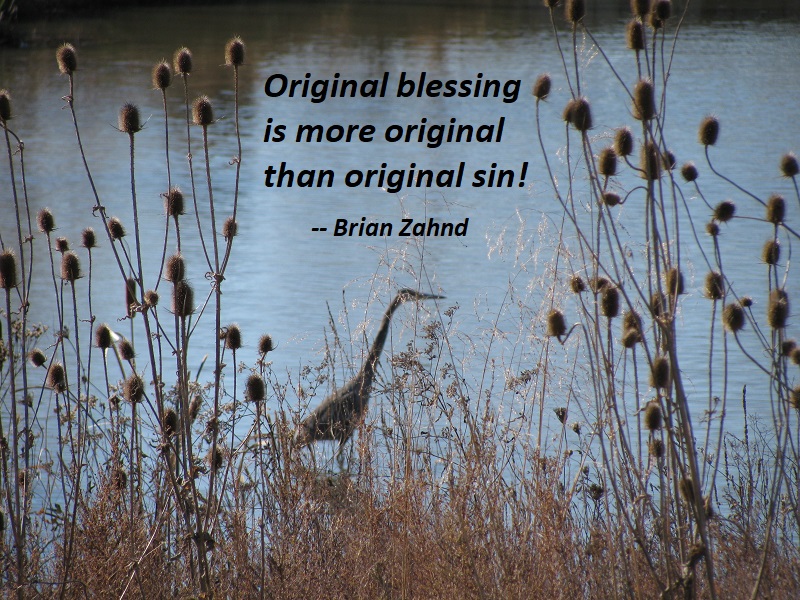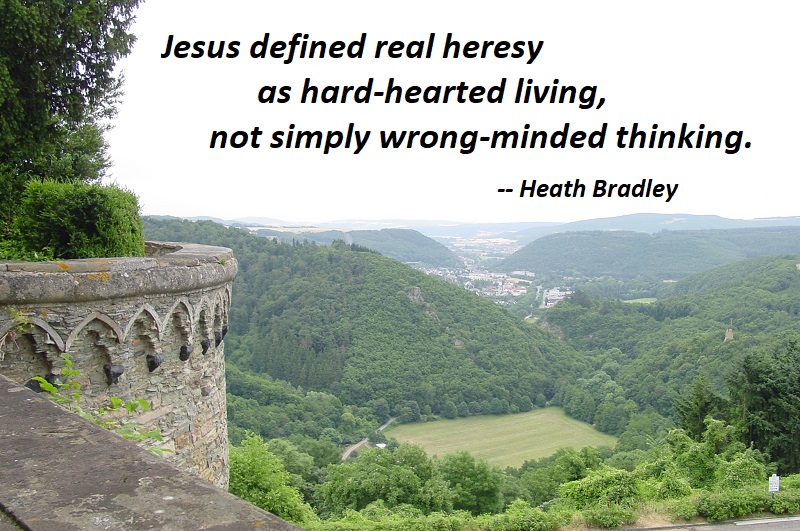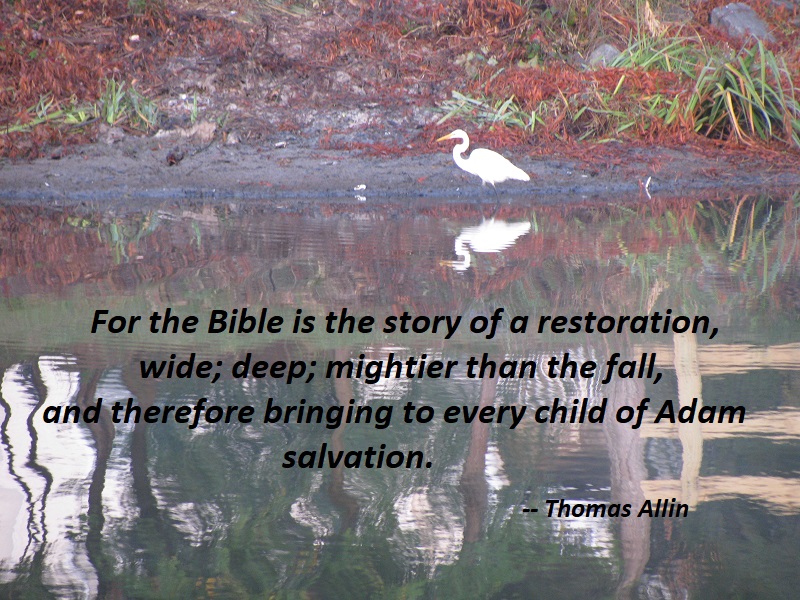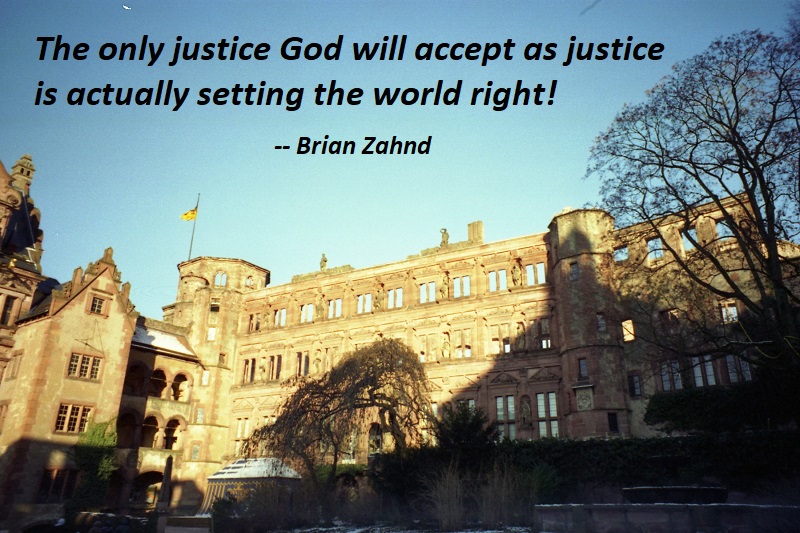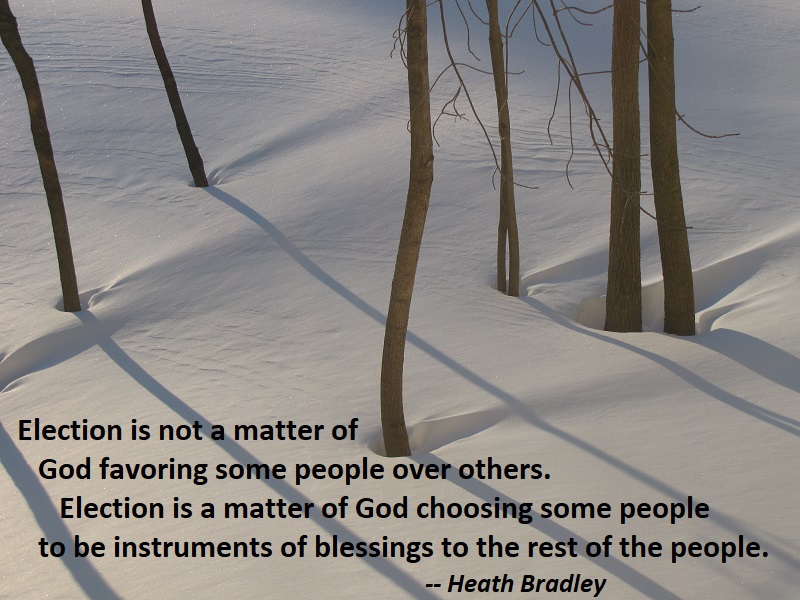Compassion, Not Separation
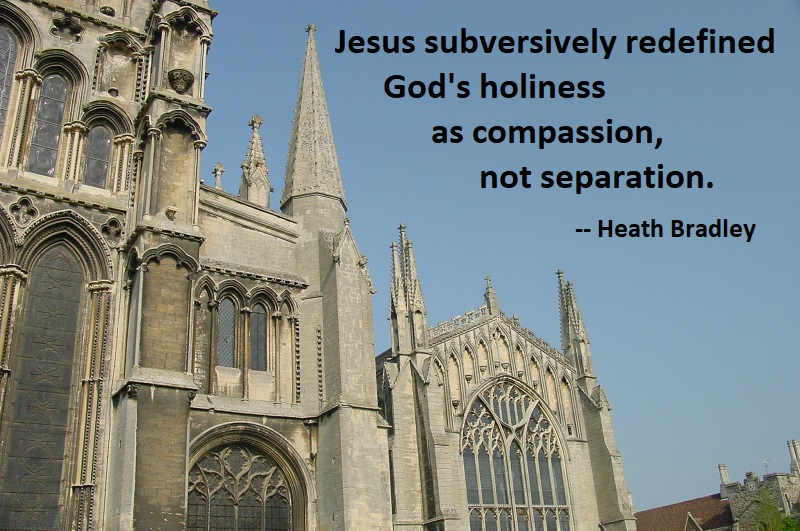
According to the traditionalists, God’s holiness lies in God’s right to retributively punish sin forever out of being offended by human sin. However, Jesus defined God’s holy perfection much differently. He didn’t describe God’s holiness as God’s need to restore his offended majesty, but rather he explicitly and clearly defined God’s holiness as God’s unbounded love for God’s enemies (Matt 5:43-48). Remember, it was the Pharisees who defined God’s holiness in terms of separation from sinners. The Pharisees (whose name means “separate ones”) excluded sinners from their fellowship because they believed they were imitating the way God relates to sinners. Jesus, on the other hand, welcomed sinners into fellowship with himself because he believed he was imitating the way God relates to sinners. Jesus subversively redefined God’s holiness as compassion, not separation. When thinking about the holiness of God, it is crucially important that we let Jesus define divine holiness for us, since he is the pinnacle of God’s revelation to us. “No one has ever seen God,” the apostle John writes, but Jesus “who is close to the Father’s heart has made him known” (John 1:18). God is holy, to be sure, but traditional defenders of hell rely far too much on the vision of divine holiness put forth by the Pharisees, and not enough on the way Jesus revealed the holiness of God as compassionate love.
— Heath Bradley, Flames of Love, p. 146-147
Photo: Ely Cathedral, England, April 24, 2005
